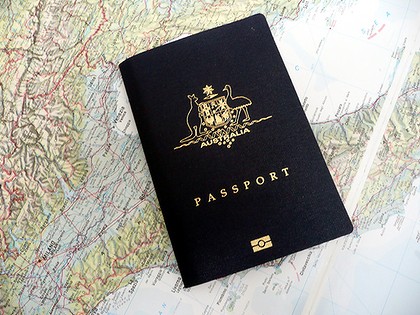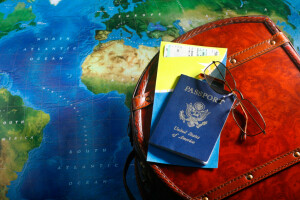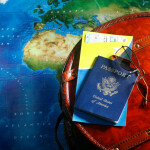Visiting a new country is always exciting. A lot of planning goes into international trips, including where to stay and what to do when you get there. There are also many things to be done before the actual trip commences to ensure your safety and peace of mind. Here are 10 things to do before traveling abroad:
1. Check travel advisories.
Before traveling or even during the planning process, keep an eye out for travel warnings to make sure you’re not stepping into a dangerous situation.
2. Vaccines.
Depending on which country you’re traveling to, you may need specific vaccines to protect against diseases that you may not even have heard of in the U.S. It’s the responsible thing to do – not just for your own health, but for those you’re going to come into contact with when you return home.
3. Renew passports and check visa requirements.
Do your research ahead of time and arrive prepared. Do yourself (and your wallet) a favor and don’t wait until the last minute to renew your passport. Before even doing that, make sure you know the visa requirements for the country you’re traveling to. Again, you don’t want to land in India only to find out that there are extensive visa requirements you’ve completely ignored.
4. Notify the Department of State.
Notify the Department of State of your travels to receive updates and support in case of an emergency. You can do this in Australia through the Smart Traveler program to ensure you’ll receive alerts and warnings in case things in your host country go south.
5. Look up currency conversion rates/download travel apps.
Knowing the currency conversion rate is pretty basic but important. Chances are, you’ll start spending money pretty much the minute you land, so having a grasp on what everything costs will ensure you’re not overpaying. This is where Google comes in handy for an initial reference, but downloading an app like XE Currency will come in handy once you’re abroad.
6. Read up on scams.
Tourist scams are rampant in many parts of the world. Make sure you read up on these ahead of time to avoid falling victim to one. A simple Google search for “[City] tourist scams” should guide you in the right direction.
7. Learn about the local culture.
In some parts of the world, certain hand gestures are rude, while in others, they can have a positive meaning. If you’re traveling to some parts of the Middle East, you may get quite an averse reaction if you try to photograph women (young and old) – not just without their permission, but in any scenario. Avoid angering locals and read up on local customs, dress codes and culturally acceptable behaviors. This is where Google once again comes in handy.
8. Learn key words in the local language.
English is pretty common throughout the world, however, that doesn’t mean everyone is fluent. Learning a few key phrases (i.e. “please”, “thank you,” “how much is this?” “receipt/bill,” etc.) can go a long way. You’ll also notice people treat you differently if you communicate with them in their native tongue. Download a language app like Google Translate for reference if you get stuck. The app has recently incorporated Word Lens, which means you can take photos of words and have the app translate them for you.
9. Set your bills to autopay.
While you’re in vacation mode, you might lose track of real world problems – including bills. Don’t get hit with late fees and interest charges. Set your bills to autopay at least one or two months before your trip, since it can sometimes take a few billing cycles to kick in. This applies to all bills – after all, you wouldn’t want to come home to find the electricity shut off because you forgot to pay the bill while away.
10. Call your bank.
The last thing you want is for your credit cards to be declined when you’re traveling abroad, especially if you don’t have access to a phone when it happens. Call your bank ahead of time to let them know where you’re traveling to and for how long. Some banks even let you do this online, allowing you to save time and hassle.










